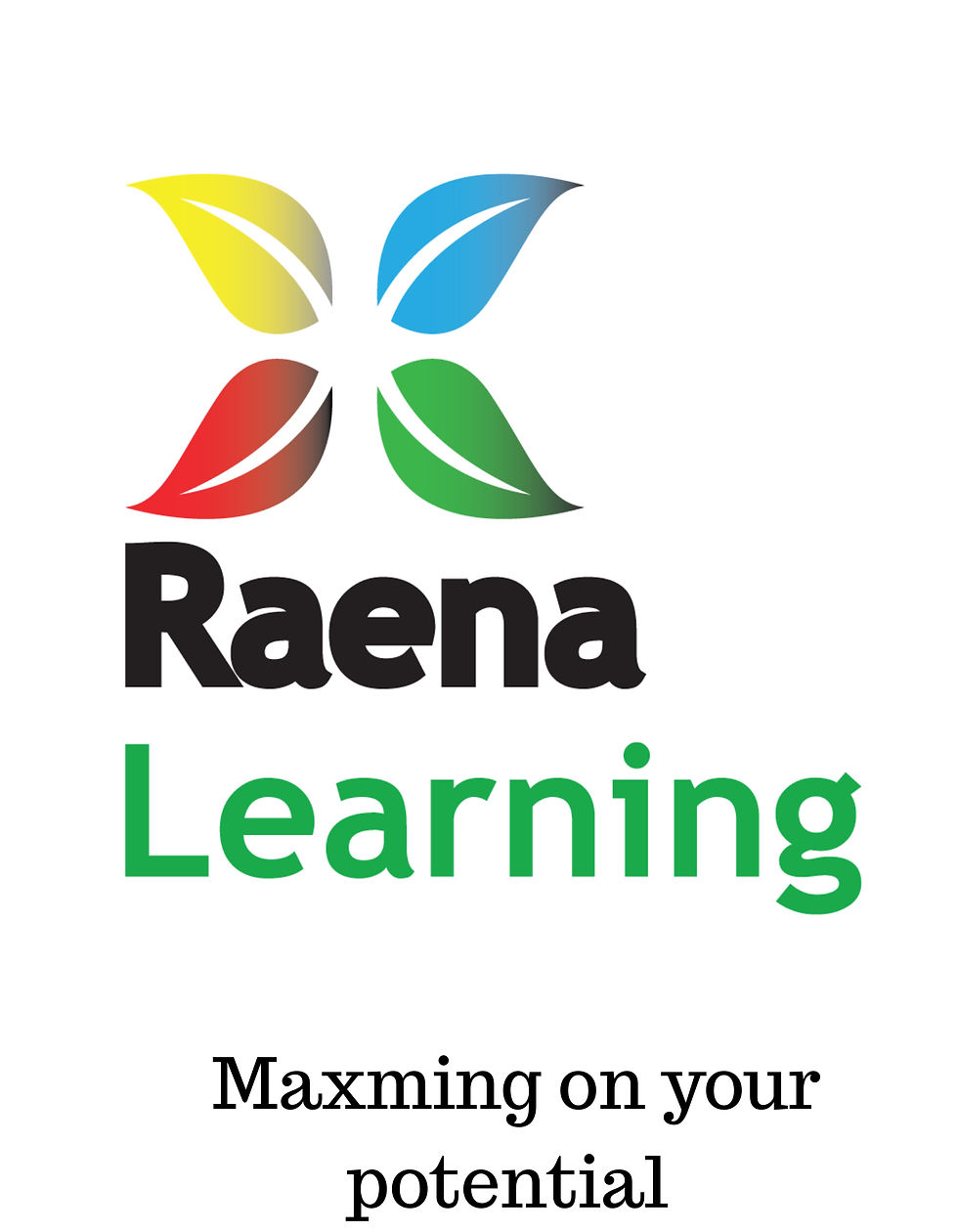Understanding Assessment: Beyond Just Testing Students
- RAENA LEARNING

- Nov 8, 2025
- 1 min read
At Raena Learning, we believe assessment is more than a test — it’s a continuous journey of understanding how students learn, think, and grow.
Let’s unpack the three key types of assessments every educator should use to guide effective teaching and learning:
💠 1. Pre-Assessment (Assessment for Learning)
Before diving into new content, pre-assessments help teachers understand what students already know. They allow learners to express confidence, make educated guesses, and reveal prior knowledge. This insight helps us tailor lessons to meet each student where they are.
💡 Think of it as mapping the starting point of every learner’s journey.
💠 2. Formative Assessment (Assessment as Learning)
Formative assessments are the ongoing checks that guide instruction. They help answer two crucial questions:
Are students learning the intended content?
Is the teaching approach working for this group?
Through quizzes, reflections, and feedback, students become active participants in their own learning — not just recipients of information.
💡 Learning becomes a two-way conversation between teacher and student.
💠 3. Summative Assessment (Assessment of Learning)
This comes after a sequence of lessons and allows students to demonstrate what they’ve mastered. It’s the culmination of learning — showing how far they’ve come.
💡 It’s not the end of learning — it’s the evidence of growth.
✅ In short:
Pre-assessment informs teaching.
Formative assessment improves learning.
Summative assessment demonstrates achievement.
At Raena Learning, we integrate all three — ensuring our students not only perform well in exams but also develop critical thinking, reflection, and confidence along the way.





Comments